Living with IBS (Irritable Bowel Syndrome) can be a challenge, especially when it comes to finding foods that don’t trigger uncomfortable symptoms. While certain foods can help soothe the digestive system and alleviate pain, bloating, and other discomforts, others can make things worse. Understanding which foods to embrace and which to avoid can make a significant difference in managing IBS.
From soothing, gut-friendly options to common offenders that should be kept at bay, here’s a guide to help you find relief while still enjoying your meals. With the right choices, you can create a balanced diet that supports your gut health and minimizes flare-ups.
1. Blueberries
These tiny, vibrant berries offer more than just a sweet taste. Rich in antioxidants, blueberries help reduce inflammation, which can be a trigger for IBS symptoms. Packed with fiber, they promote healthy digestion without causing irritation.
Incorporating blueberries into your diet is both easy and delicious. Whether added to yogurt, smoothies, or salads, they enhance flavor while being gentle on the stomach.
And the best part? They are low in FODMAPs, meaning they are unlikely to cause bloating or discomfort. Enjoy them fresh or frozen, and let their natural goodness soothe your gut.
2. Greek Yogurt
Not just any yogurt, Greek yogurt is a powerhouse when it comes to gut health. Its probiotics are friendly bacteria that aid digestion, alleviating IBS symptoms and promoting a balanced gut flora.
Enjoying Greek yogurt daily can be a delicious way to soothe your digestive system. Pair it with fruits like blueberries or almonds to enhance its benefits.
Its thick, creamy texture makes it a satisfying snack or breakfast option. Choose plain Greek yogurt to avoid added sugars that might irritate the gut, and savor its calming effects.
3. Almonds
Crunchy and nutritious, almonds are a snack that loves your gut. They are high in fiber, which supports healthy digestion, and their prebiotic properties feed good gut bacteria, a perfect combo for calming IBS.
Almonds are easy to incorporate into your diet; enjoy them raw, roasted, or as almond milk. Their versatility in dishes makes them a delightful addition to both savory and sweet recipes.
Remember to consume them in moderation, as large quantities might trigger symptoms. A small handful goes a long way towards digestive happiness.
4. Fish
Fish, particularly varieties high in omega-3 fatty acids like salmon, is a boon for those suffering from IBS. Omega-3s reduce inflammation in the gut, which can ease discomfort and improve overall digestive health.
Incorporate fish into your meals by grilling, baking, or steaming to preserve its nutrients. Pairing it with greens and whole grains can make a balanced meal that’s gentle on the stomach.
Regular consumption of fish not only supports heart health but also provides a soothing effect on the gut, making it a perfect addition to your diet.
5. High-Protein Foods
Protein-rich foods are essential for overall health, and they play a special role in managing IBS. They help repair and build tissues, supporting gut lining integrity, which can reduce IBS symptoms.
Balancing your diet with high-protein foods like chicken, eggs, or beans can provide the necessary nutrients without irritating the digestive system. Quinoa is a fantastic plant-based protein option that’s also low in FODMAPs.
Make sure to prepare these foods in a gentle, low-fat manner to prevent triggering symptoms and enjoy their calming benefits.
6. Kombucha
Kombucha, a fermented tea, is known for its probiotic content, which supports gut health by balancing bacteria levels. This effervescent drink can be a refreshing way to ease IBS symptoms.
Enjoy kombucha as a chilled beverage on a hot day. Its tangy flavor can be a delightful change from plain water, and its probiotics work magic on your gut.
However, moderation is key. Too much kombucha might lead to bloating. Start with small amounts to see how your body responds and relish its gut-friendly properties.
7. Ginger
Renowned for its anti-inflammatory properties, ginger is a root that calms the digestive tract, making it an ally for IBS sufferers. Its natural compounds help reduce nausea and promote smoother digestion.
Include ginger in your daily regime by sipping ginger tea or adding it to meals. Its warm, spicy flavor can enhance dishes while soothing your gut.
Fresh ginger root can be grated into stir-fries, or steeped to make a calming tea, offering a natural way to alleviate IBS discomfort.
1. Caffeine
For those suffering from IBS, caffeine is often a significant irritant. The stimulating effect that caffeine has on the gut can lead to increased bowel movements and heightened symptoms.
It’s not just coffee; tea, sodas, and even chocolate contain this potent stimulant. Moderation might be key, but for some, complete avoidance is necessary to maintain comfort.
Switching to decaffeinated options can be helpful. Many find that herbal teas offer a soothing alternative. Exploring caffeine-free beverages might lead to discovering delightful new favorites, aiding in symptom relief while still enjoying flavorful drinks.
2. Bread
Bread, especially those made with wheat, contains gluten, a protein known to cause issues for many with IBS. The fermentation process in bread baking can also lead to increased symptoms. Opting for gluten-free varieties may significantly lessen discomfort.
Some IBS sufferers find sourdough bread, which has reduced gluten content, easier to digest. Exploring alternative grains like quinoa or buckwheat can offer tasty replacements.
The shift to gluten-free might seem challenging, but it opens doors to an array of new culinary experiences that might become staples in an IBS-friendly diet.
3. Lactose
Dairy lovers with IBS may find lactose to be a major trigger for symptoms. Lactose is the sugar found in milk, and many with IBS are intolerant to it. This intolerance can lead to bloating, gas, and diarrhea.
Turning to lactose-free milk or plant-based alternatives like almond or oat milk can alleviate these issues. It’s not just milk; cheese and ice cream also contain lactose.
Reading labels and opting for lactose-free products can transform dairy consumption into a more pleasant experience, allowing IBS sufferers to enjoy these foods without discomfort.
4. Artificial Sweeteners
Artificial sweeteners, while offering a no-calorie sugar alternative, can wreak havoc on the digestive system. Ingredients like sorbitol, xylitol, and mannitol are known to cause bloating and gas.
Often found in diet sodas, sugar-free candies, and even some chewing gums, these sweeteners can exacerbate IBS symptoms. Reading labels and opting for natural sweeteners such as honey or maple syrup can offer a gentler alternative.
It’s a small change, but it can lead to significant relief, allowing IBS sufferers to indulge their sweet tooth without the unwanted side effects.
5. Legumes
Legumes, including beans, lentils, and chickpeas, are often touted for their nutritional benefits. However, they can be problematic for those with IBS. The complex carbohydrates in legumes are difficult to digest, leading to gas and bloating.
Soaking and thoroughly cooking legumes can reduce these effects, making them more tolerable. For some, however, avoiding them altogether is the best option.
Exploring alternative protein sources such as tofu or fish might be necessary. Balancing nutrition with symptom management is key, and understanding the body’s reaction to legumes is part of the process.
6. Cruciferous Vegetables
Cruciferous vegetables like broccoli, cauliflower, and cabbage are known for their health benefits, but they can also contribute to IBS symptoms. Their high fiber content and complex sugars can cause bloating and discomfort.
Cooking these vegetables can help break down some of the fibers, making them easier to digest. However, for some individuals, avoidance might be the best strategy.
Exploring other vegetables such as zucchini or spinach can provide similar nutrients without the digestive distress. It’s about finding the right balance and understanding personal triggers.
7. Alcohol
For those experiencing IBS, alcohol can be a potent trigger. It can irritate the gut lining, leading to increased symptoms such as diarrhea and abdominal pain. While moderation is key for some, others might find complete avoidance necessary.
Opting for non-alcoholic beverages or trying new mocktail recipes can provide a social drink experience without the adverse effects. Understanding personal limits and recognizing triggers can lead to better symptom management.
Ultimately, the choice to avoid alcohol can contribute to a more comfortable and enjoyable lifestyle for IBS sufferers.
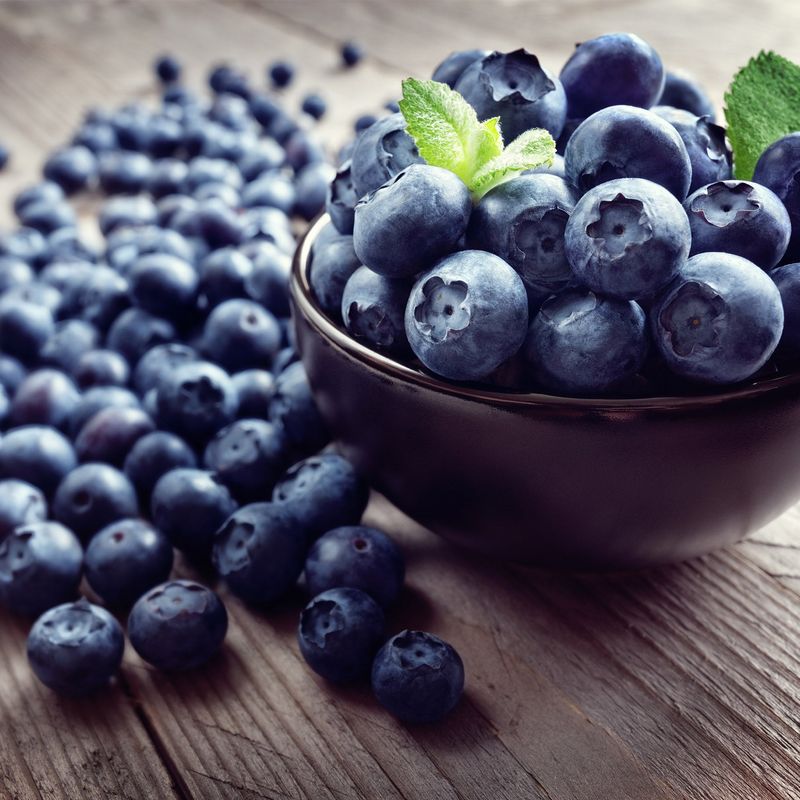
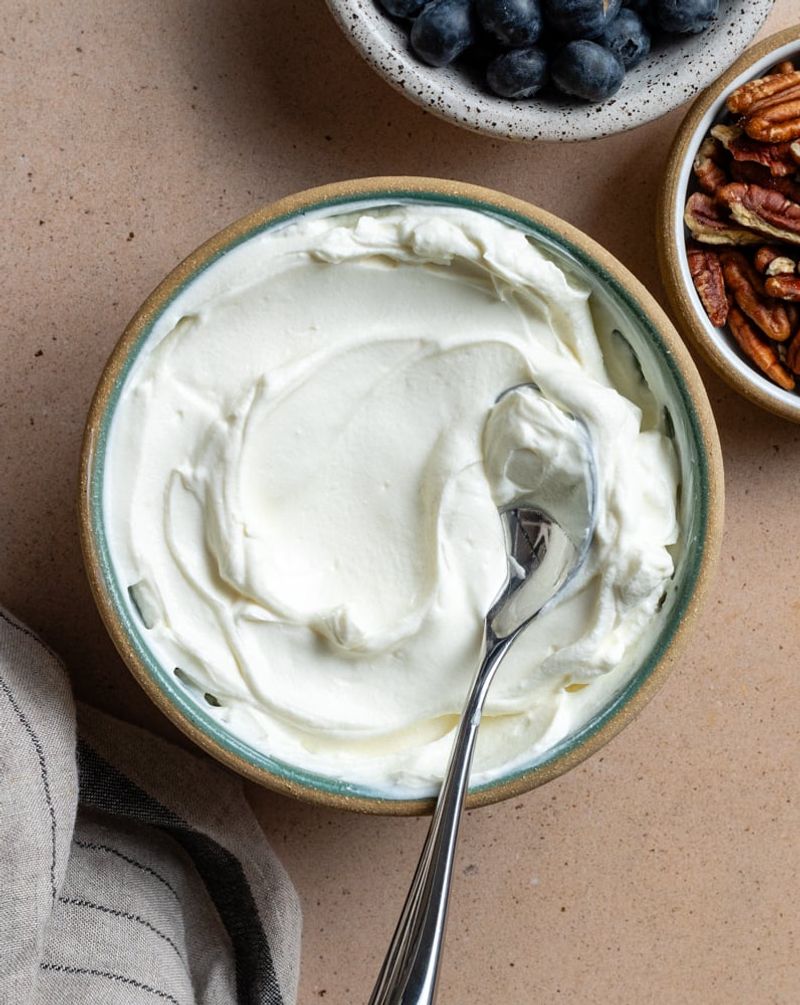
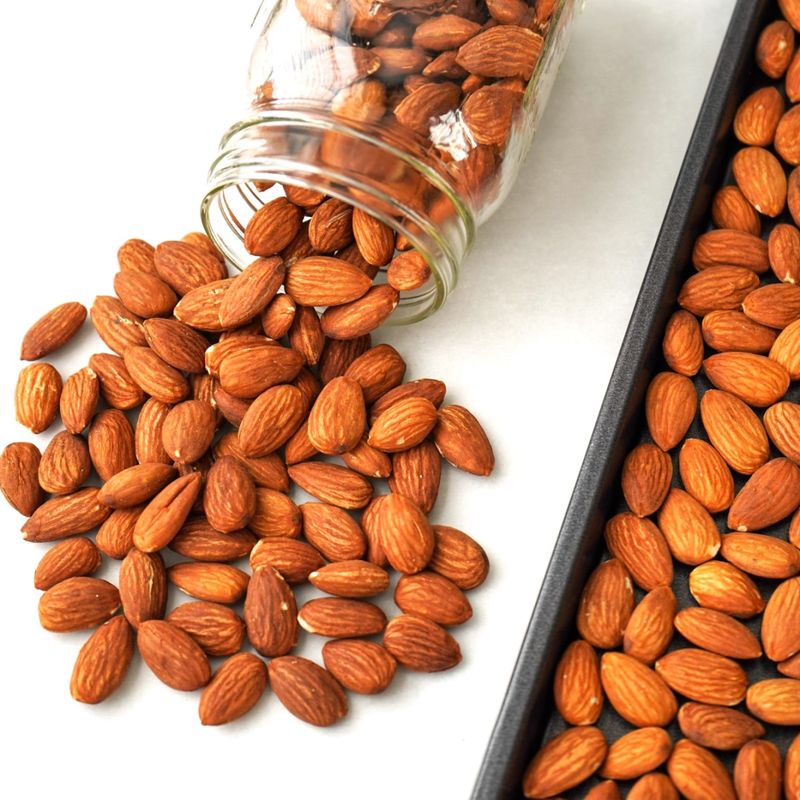
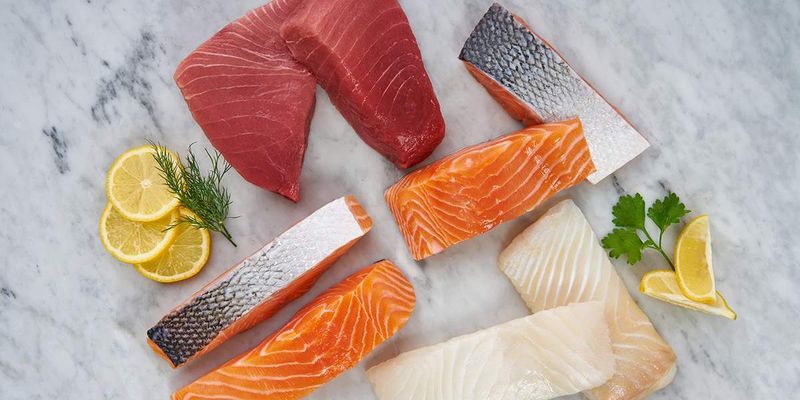
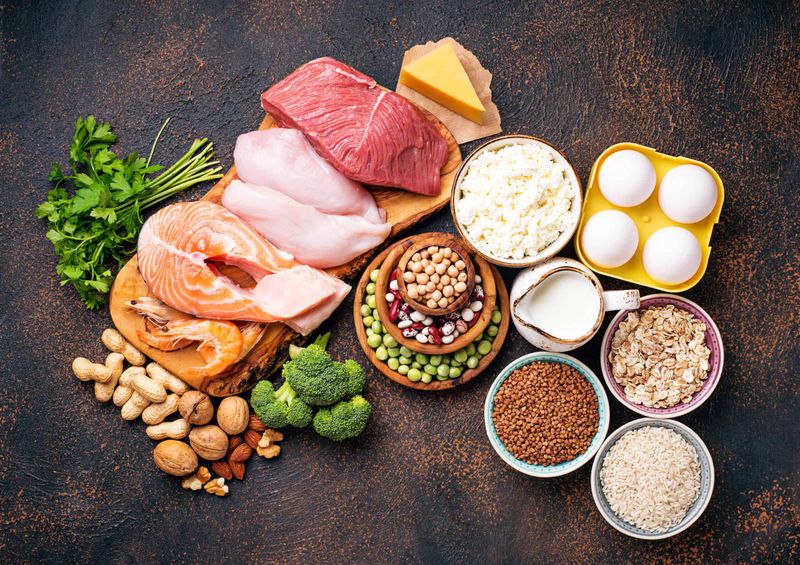
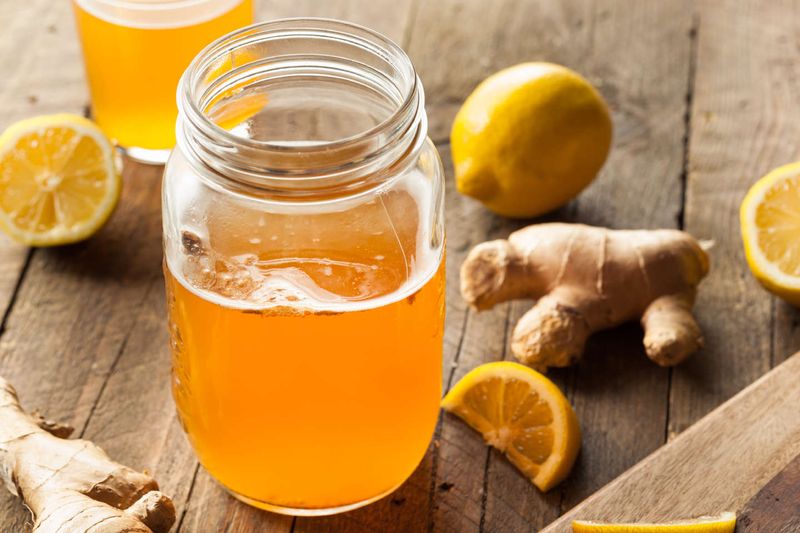
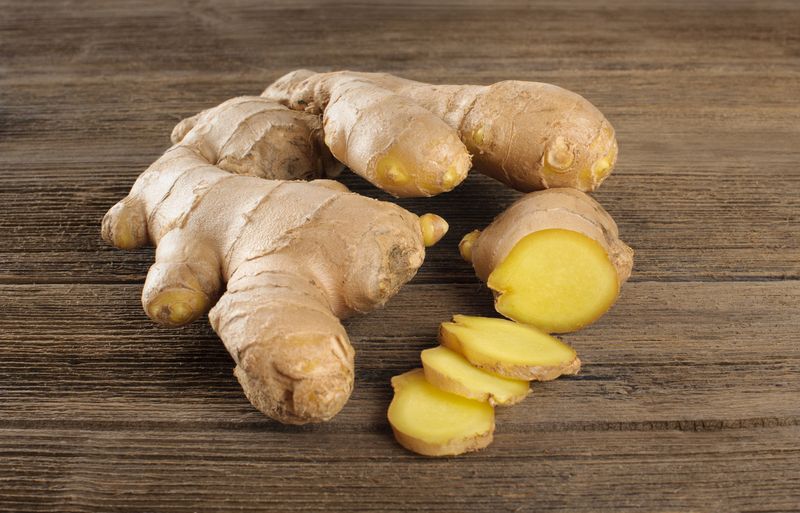

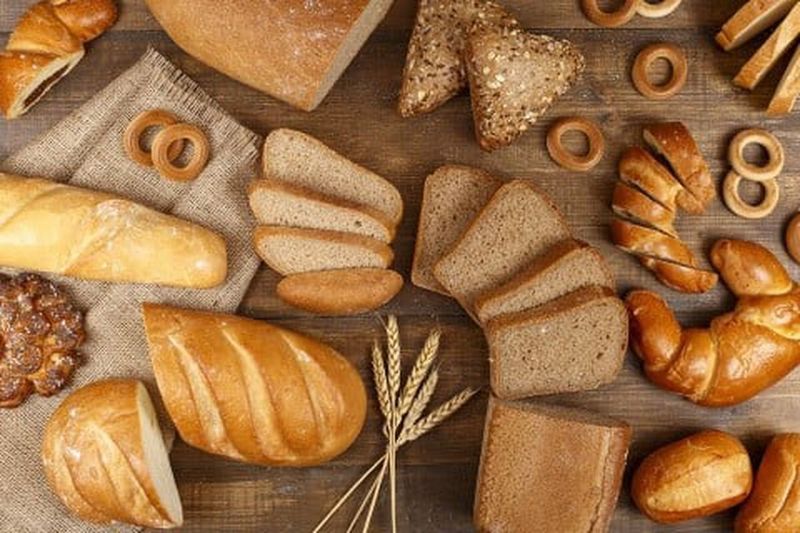
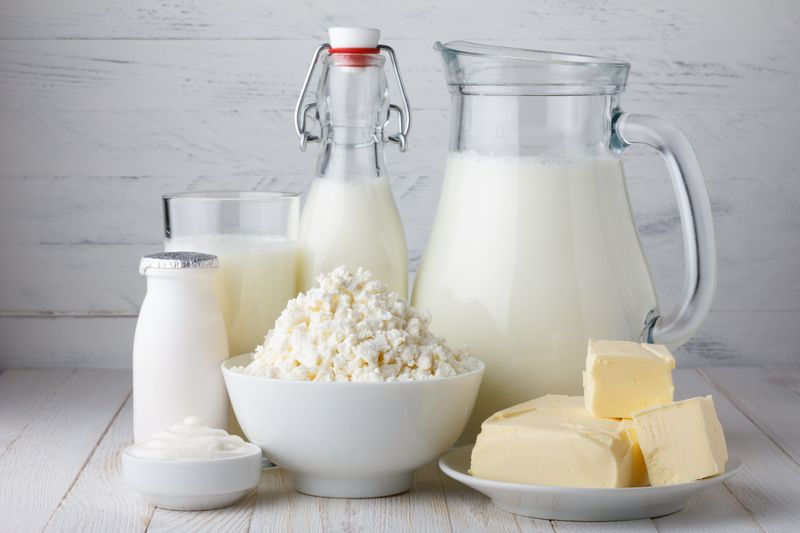
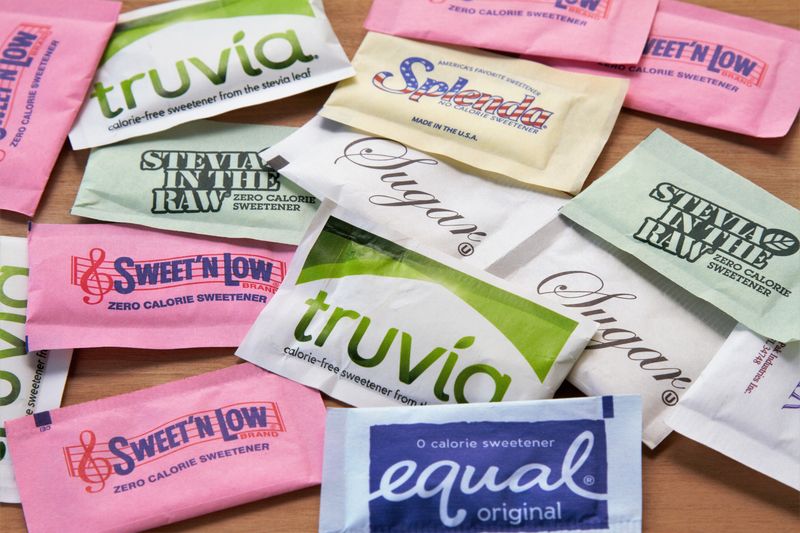
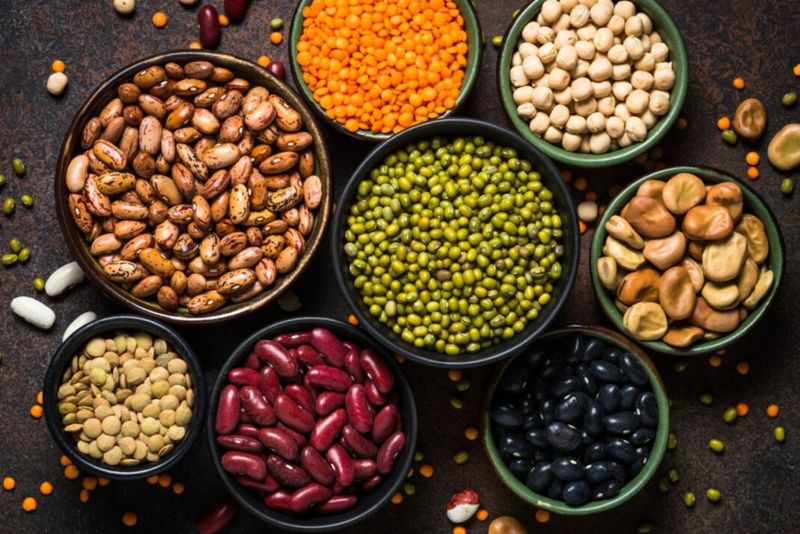
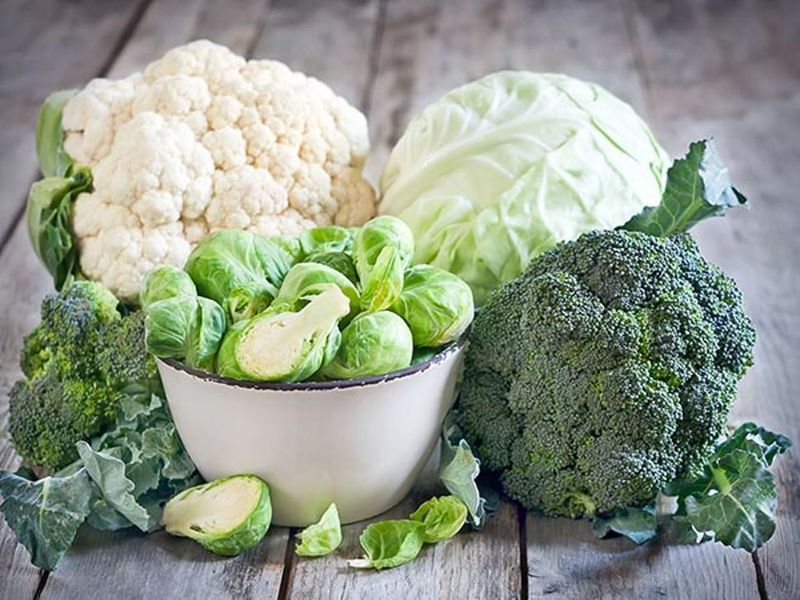

Leave a comment